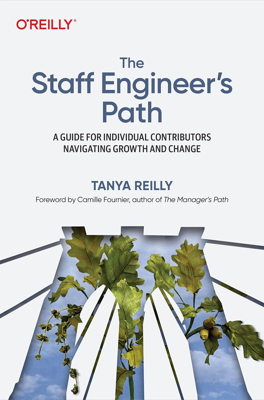Finite Time
Finite Resources and Choosing Projects
As a staff engineer, recognizing that your time and other resources like energy and credibility are finite is crucial. You need to strategically select projects based on both their importance to the company and their personal or professional relevance to you.
Time Management Strategies
- Time Commitments: Everything you choose to do has an opportunity cost. It's key to be aware of how much time a project will genuinely require and its impacts on your other commitments.
- Calendar Management: Proactively placing both meetings and non-meeting work on your calendar can prevent overcommitment and manage workload expectations realistically.
- Long-Term Planning: Using a visual "time graph" can help forecast months or quarters, enabling more effective decision-making based on existing commitments and workload equilibrium.
Evaluating Projects and Personal Fit
- Project Engagement Shapes: Consider the various forms project engagement can take, from direct leadership or contribution to consultation or temporary involvement, and choose the form that best fits your current situation and capacity.
- Assessment of Project Suitability: Take into account how new projects will impact specific personal resources:
- Energy: Projects should not drain you to the point of ineffectiveness; some should energize or reinvigorate you.
- Quality of Life: Projects should align with personal ambitions or comfort, not detract from your overall well-being.
- Credibility: Engaging in projects should either build on or maintain your professional credibility.
- Social Capital: Projects should help build or leverage existing positive relationships in the workplace.
- Skills: Prefer projects that challenge and develop current skills or allow you to acquire new, relevant skills.
Practical Project Choice Strategies
- Question the Balance: Identify how many projects you can realistically care about concurrently and allocate your attention accordingly.
- Considering the Work Type: Reflect on whether the nature of the project work energizes you or whether it's a likely source of stress or fatigue.
- Level of Involvement: Decide your level of involvement based on your current commitments and further strategic trajectory. Steering or influencing from a semi-involved position might sometimes be more beneficial than full commitment.
Conclusion
Successful staff engineers manage their project commitments not only based on the strategic importance of the projects to the organization but also based on how these projects impact their personal resources and career goals. Understanding the finite nature of time and other personal resources is critical in making informed decisions that align with both organizational needs and personal well-being and development.
